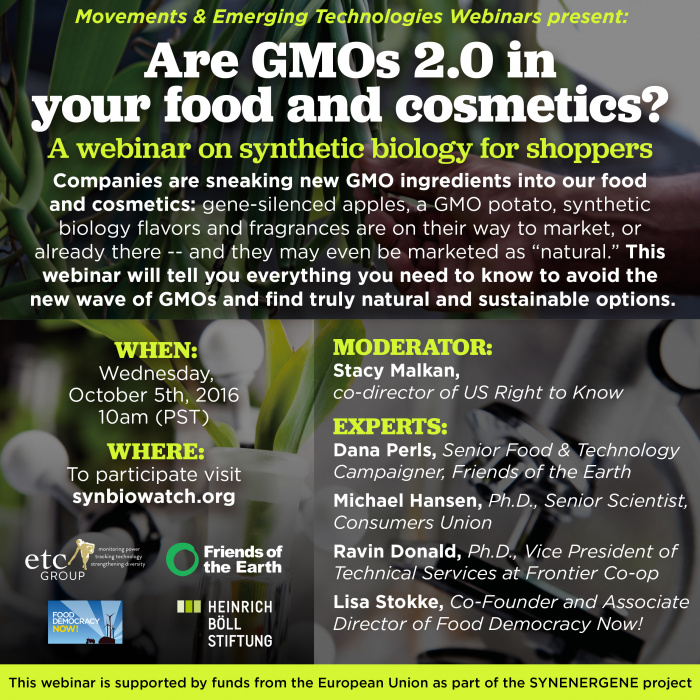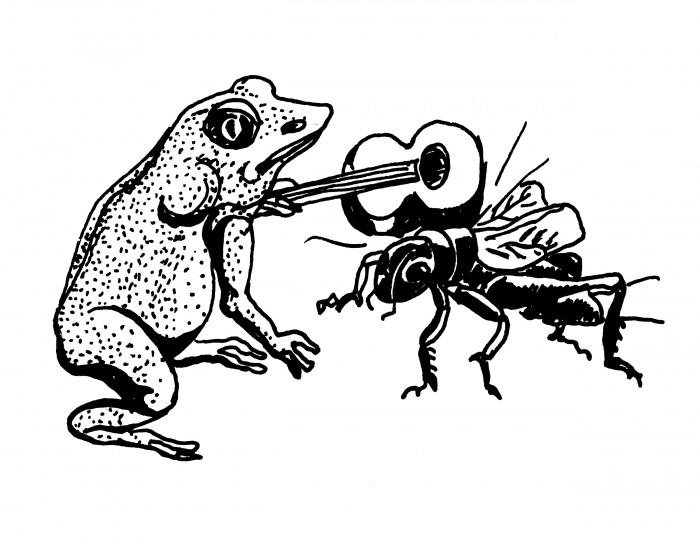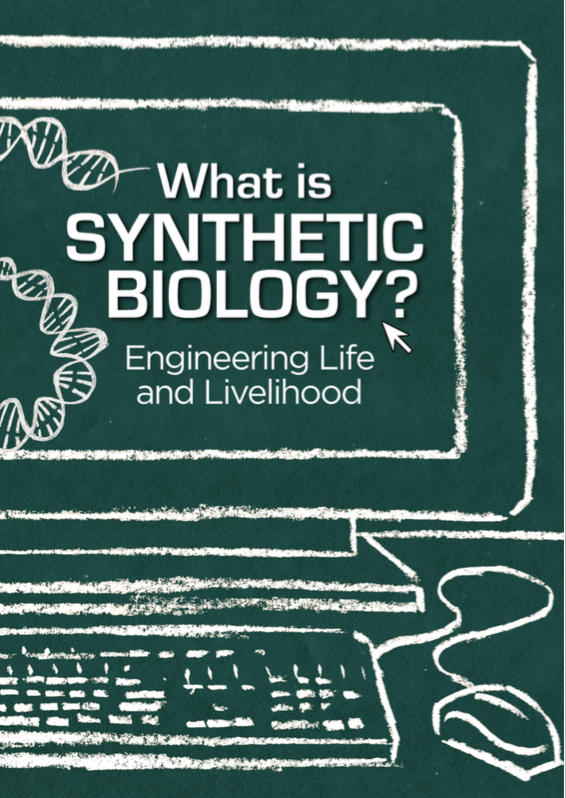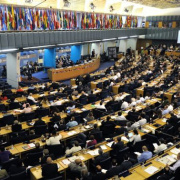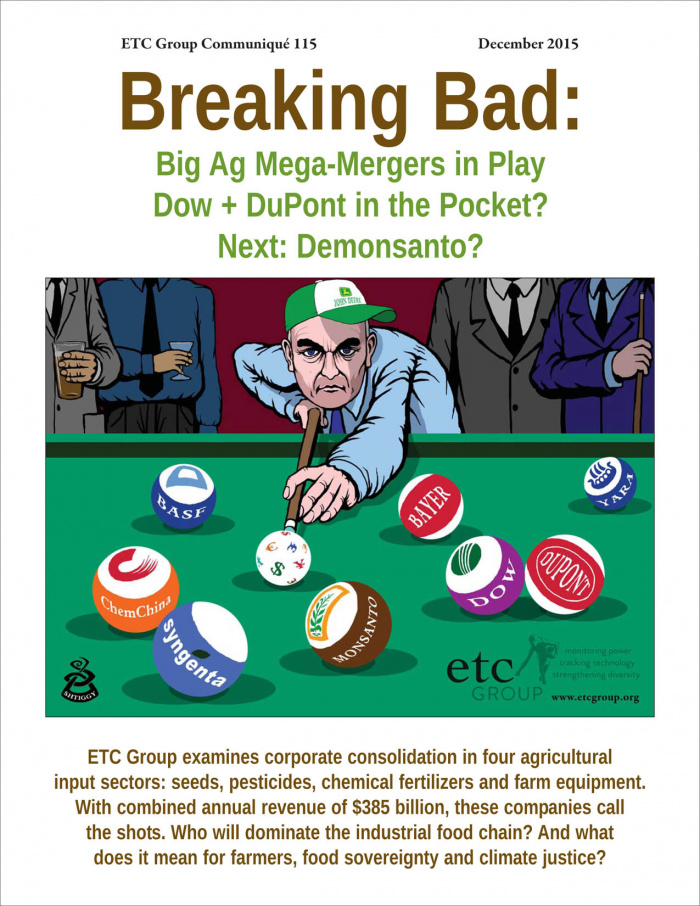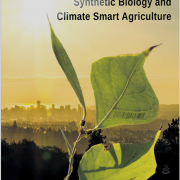Call for nominations: Captain Hook Awards for Biopiracy 2016
Submitted by Trudi Zundel on
Yo ho ho! Who are the most gruesome and despicable biopirates plundering genetic resources in your country? Which corporate crooks are looting indigenous knowledge in your communities? Have any governments failed to ward off marauders, enacted bogus policies, or plotted against their own people? Which gene-jacking genome editors are carrying out dastardly digital theft via your local genome database?


